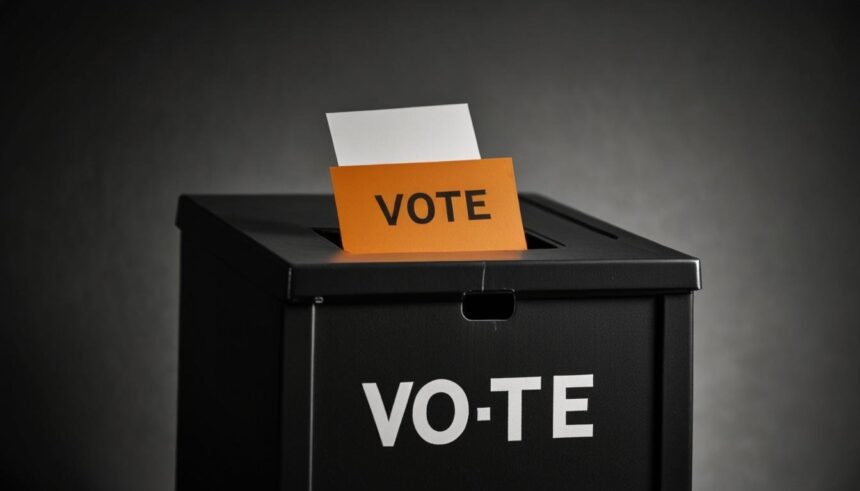The upcoming General Election in Northern Ireland will feature 136 candidates across 18 constituencies, marking an increase from 102 in 2019. Women make up a third of the candidates this time, as compared to 27% in the last election. Key battlegrounds include East Belfast, Lagan Valley, Foyle, and South Antrim, with particular focus on significant party contests and key issues such as funding, abstentionism, and environmental concerns at Lough Neagh.
The upcoming General Election in Northern Ireland involves 136 candidates across 18 constituencies, an increase from 102 in 2019. Women account for a third of these candidates, compared to 27% in the last election. The election will use the first-past-the-post system to elect Members of Parliament to the House of Commons.
Key constituencies to watch include East Belfast, where Gavin Robinson (DUP) faces a challenge from Naomi Long (Alliance Party). In Lagan Valley, Jonathan Buckley (DUP) aims to retain the seat against rising Alliance Party support. Sir Jeffrey Donaldson will not contest due to suspension over historical sexual offences. In South Antrim, Paul Girvan (DUP) faces competition from Robin Swann (UUP).
Foyle sees SDLP leader Colum Eastwood defending his seat against potential Sinn Féin gains, whereas Belfast South, now renamed and larger due to boundary changes, has SDLP’s Claire Hanna as the incumbent. Sinn Féin’s Michelle Gildernew seeks to retain Fermanagh and South Tyrone against UUP’s Diana Armstrong.
Key issues include future funding for Northern Ireland, the legacy of abstentionism by Sinn Féin, the controversial Legacy Act, fiscal devolution, and post-Brexit trading arrangements.
An action plan to address issues at Lough Neagh remains unsigned by the Stormont Executive, with environmental concerns mounting over blue-green algae pollution. DUP concerns about new fertiliser regulations are cited as a reason for the delay.





